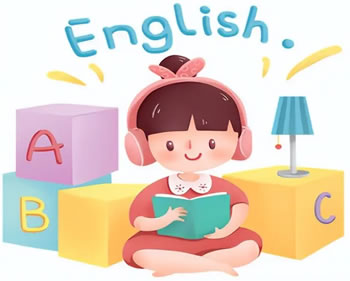
Self-esteem is the combination of self-confidence and self-respect—the conviction that you are competent to cope with life's challenges and are worthy of happiness. Self-esteem is the way you talk to yourself about yourself. Self-esteem has two interrelated aspects; it entails a sense of personal efficacy and a sense of personal worth.It is the integrated sum of self-confidence and self-respect. It is the conviction that one is competent to live and worthy of living.
Our self-esteem and self-image are developed by how we talk to ourselves. All of us have conscious and unconscious memories of all the times we felt bad or wrong—they are part of the unavoidable scars of childhood. This is where the critical voice gets started. Everyone has a critical inner voice. People with low self-esteem simply have a more vicious and demeaning inner voice.
Psychologists say that almost every aspect of our lives—our personal happiness, success, relationships with others, achievement, creativity, dependencies—are dependent on our level of self-esteem. The more we have, the better we deal with things.
Positive self-esteem is important because when people experience it, they feel good and look good, they are effective and productive, and they respond to other people and themselves in healthy, positive, growing ways. People who have positive self-esteem know that they are lovable and capable, and they care about themselves and other people. They do not have to build themselves up by tearing other people down or by patronizing less competent people.
Our background largely determines what we will become in personality and more importantly in self-esteem. Where do feelings of worthlessness come from? Many come from our families, since more than 80% of our waking hours up to the age of eighteen are spent under their direct influence. We are who we are because of where we've been. We build our own brands of self-esteem from four ingredients: fate, the positive things life offers, the negative things life offers and our own decisions about how to respond to fate, the positives and the negatives. Neither fate nor decisions can be determined by other people in our own life. No one can change fate. We can control our thinking and therefore our decisions in life.
来源:作文地带整理。编辑:Liuxuepaper.Com
作文地带知识拓展:
英语(English)属于印欧语系日耳曼语族西日耳曼语支,最早被中世纪的英国使用,并因其广阔的殖民地而成为世界使用面积最广的语言。英国人的祖先盎格鲁部落是后来迁移到大不列颠岛地区的日耳曼部落之一,称为英格兰。这两个名字都来自波罗地海半岛的Anglia。该语言与弗里斯兰语和下撒克森语密切相关,其词汇受到其他日耳曼语族语言的影响,尤其是北欧语(北日耳曼语),并在很大程度上由拉丁文和法文撰写。
英语的英文释义:
English 名词 uk /ˈɪŋ.ɡlɪʃ/ us /ˈɪŋ.ɡlɪʃ/
the language that is spoken in the UK, the US, and in many other countries
英语
American/British English
美式/英式英语
Do you speak English?
你会说英语吗?
English 形容词 adjective uk /ˈɪŋ.ɡlɪʃ/ us /ˈɪŋ.ɡlɪʃ/
in or relating to the English language
英语的
an English teacher
英语老师
relating to or from England
英格兰的;英国的
English films/food/people
英国电影/食品/人
English law
英格兰法律









文档为doc格式
推荐阅读:




